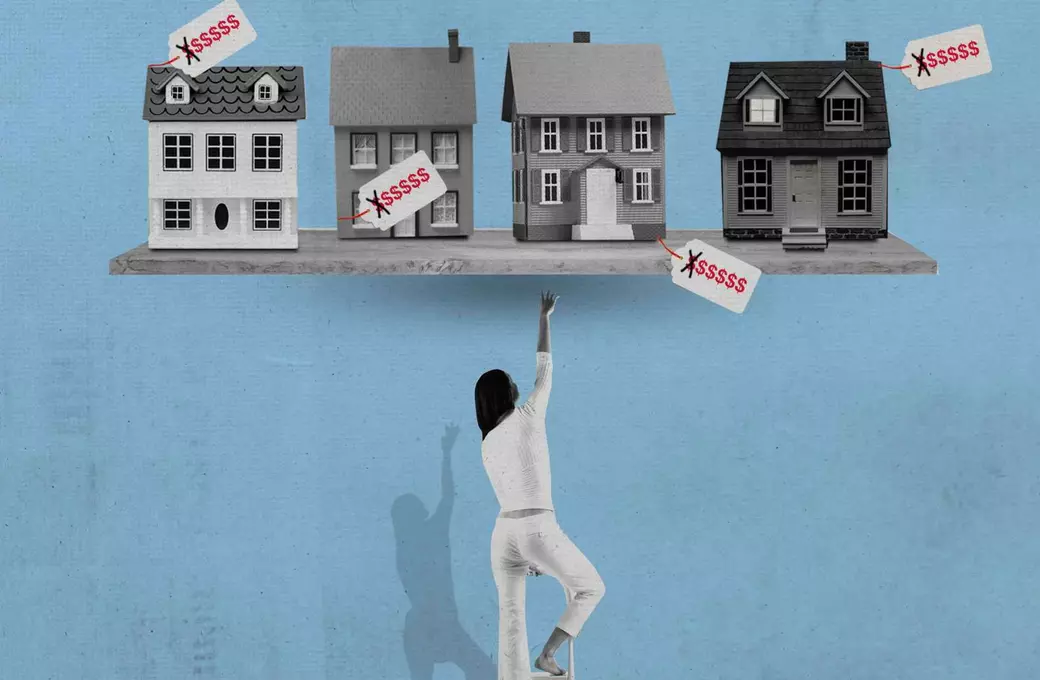
Charleston Faces Insights into Its Economic Future
Charleston Market Report – Every city has its strengths, but even the strongest economies carry vulnerabilities. Charleston, known for its booming real estate, thriving port, and vibrant culture, is no exception. Beneath the headlines of growth and opportunity, there are pressing concerns shaping the city’s financial future. Understanding the economic risks Charleston faces today is essential for investors, business owners, and residents who want to stay prepared.
The local market tells a complex story. Tourism fuels billions in revenue, housing prices remain high, and the city continues to attract new residents. Yet, as demand grows, so do the cracks in the system. By examining the economic risks Charleston faces, we uncover not just potential threats, but also opportunities to adapt. Let’s dive into the real challenges shaping Charleston’s future.
Read More : https://www.sindonews.co.id
One of the most visible economic risks Charleston faces is the housing market. Prices have climbed steadily, fueled by demand from new residents and investors. While this benefits sellers, it squeezes locals out of the market. Teachers, healthcare workers, and service employees often struggle to find affordable options near their jobs.
The affordability crisis creates ripple effects. Workers move farther from the city, commute times increase, and businesses face labor shortages. If housing trends continue unchecked, Charleston could see long-term pressure on its workforce, making this one of the biggest economic risks Charleston faces in 2025 and beyond.
Tourism has always been a cornerstone of Charleston’s economy, but overreliance brings its own set of risks. Millions visit each year, spending on hotels, restaurants, and cultural events. However, heavy dependence on tourism makes the city vulnerable to downturns. Events like hurricanes, global pandemics, or shifts in travel trends can send shockwaves through the local economy.
This highlights another layer of economic risks Charleston faces. Seasonal businesses, from tour guides to beach rentals, operate on tight margins. If a summer season underperforms, the effects cascade across the city. While diversification efforts exist, the city’s economy remains heavily tied to its appeal as a travel destination.
Charleston’s location along the coast makes it particularly vulnerable to rising seas, flooding, and hurricanes. These aren’t abstract future threats—they’re realities already shaping infrastructure costs and insurance premiums. Flooding damages homes, roads, and utilities, placing financial strain on both residents and city budgets.
It’s not surprising that climate risk ranks high among the economic risks Charleston faces right now. Investors and developers weigh these challenges carefully, and insurance companies raise costs accordingly. If adaptation measures lag behind environmental realities, Charleston could face even greater financial disruption in the years ahead.
Growth comes at a cost. Charleston’s roads, bridges, and public transit are under increasing strain. Congestion slows commutes, limits productivity, and frustrates businesses dependent on efficient logistics. For a city with a major port, infrastructure is more than convenience—it’s a lifeline for trade and investment.
This is why outdated infrastructure is often mentioned among the key economic risks Charleston faces. Without consistent upgrades, the region risks losing its competitive edge. Every delay or bottleneck impacts not only local businesses but also Charleston’s role in the broader economy of the Southeast.
Charleston attracts talent, but sustaining a balanced labor market is tricky. Certain industries, like healthcare and skilled trades, report shortages, while others face oversupply. Rising housing costs only deepen the issue, pushing workers to relocate elsewhere.
This imbalance is one of the subtle yet significant economic risks Charleston faces. If businesses can’t fill critical roles, growth stalls. At the same time, an influx of low-wage positions in tourism or service sectors doesn’t always support sustainable living standards for workers. A healthy economy requires balance, and Charleston’s labor dynamics are at risk of tipping.
The cost of living in Charleston continues to rise. Groceries, utilities, and everyday expenses stretch household budgets. While inflation is a national issue, its impact feels sharper in regions where wages don’t keep up with expenses.
That’s why inflation belongs on the list of economic risks Charleston faces. Rising costs erode disposable income, impacting consumer spending and local businesses. Over time, higher costs could weaken demand, slow growth, and make Charleston less attractive for newcomers seeking opportunity.
Charleston’s port is a major driver of economic growth, handling billions in trade. Expansion projects aim to strengthen its role in global logistics. Yet, with opportunity comes competition. Other ports along the East Coast are also expanding, and global supply chain shifts could change trade flows overnight.
This competitive landscape adds to the economic risks Charleston faces. If global trade slows or competitors gain an edge, the city’s reliance on port activity could become a liability. Diversification remains critical, but the port’s central role makes it a double-edged sword for Charleston’s economy.
Charleston’s charm is a selling point, but rapid growth risks changing the very qualities that make it attractive. Congestion, overdevelopment, and rising costs can erode livability. When growth comes too fast, residents may feel left behind, and newcomers may reconsider their choices.
This balance is yet another of the economic risks Charleston faces. Sustaining growth while preserving culture, history, and lifestyle requires careful planning. Without it, the very strengths of the city could turn into vulnerabilities.
While the challenges are real, so are the opportunities. Addressing housing affordability could strengthen the workforce. Investing in infrastructure could make Charleston more competitive. Expanding beyond tourism could reduce volatility.
Ultimately, the economic risks Charleston faces should not be seen purely as threats but as signals. They highlight where adaptation is needed most. For policymakers, business leaders, and residents, acknowledging these risks is the first step toward building resilience.
“Writer : Olivia Thania”
This website uses cookies.